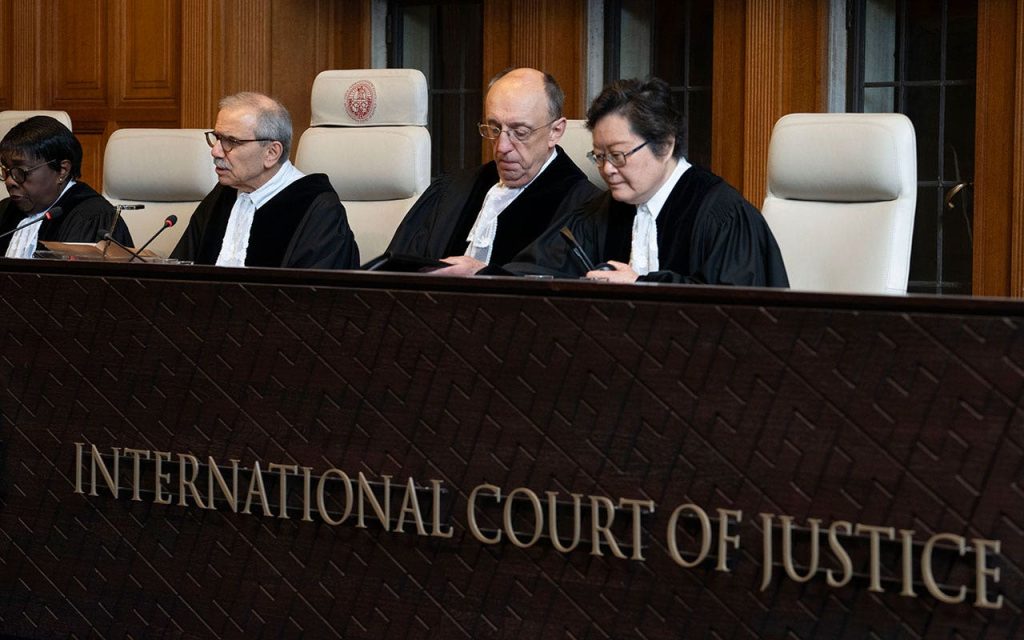Ecuador defended its storming of the Mexican Embassy in Quito to apprehend former Vice President Jorge Glas, who was hiding inside after Mexico had granted him asylum. This action was criticized by Latin American leaders for violating the Vienna Convention on Diplomatic Relations. Mexico accused Ecuador of breaking international treaties and taking aggressive actions, which further escalated tensions between the two nations. Ecuador’s legal team argued that they were justified in their actions and had already complied with measures requested by Mexico to protect diplomatic premises.
Mexico filed a case at the International Court of Justice to seek reparations, suspension from the United Nations, and full protection of diplomatic premises from Ecuador. They claimed that Ecuador had crossed international law lines by raiding the embassy and arresting a convicted criminal and fugitive. Ecuador countered by stating that they had already provided assurances to Mexico and the court that they would respect and protect diplomatic property, making the ongoing hearings unnecessary and unjustified. The court will take weeks to consider Mexico’s request for preliminary orders.
Ecuador also filed a case accusing Mexico of using its embassy to shield Jorge Glas from enforcement by Ecuador’s criminal law. They argued that Mexico had misused its diplomatic premises and breached multiple international conventions. No date has been set for hearings in this case filed by Ecuador. The confrontation between the two nations continues to unfold at the United Nations’ top court, with both sides presenting their arguments and seeking legal redress for the violations they perceive from the other party.
Latin American leaders have criticized Ecuador’s actions and called for respect of diplomatic protocols and international treaties. The storming of the Mexican Embassy in Quito sparked a diplomatic crisis between Ecuador and Mexico, with accusations of aggressive and illegal behavior being traded by both sides. These disputes have now brought the two countries before the International Court of Justice, where judges will have to consider the evidence and arguments presented by Ecuador and Mexico to reach a decision on the violations of international law and diplomatic norms that have taken place.
Both Ecuador and Mexico have strongly defended their positions in front of the court, with Ecuador claiming that they were justified in their actions to apprehend a criminal fugitive, while Mexico accuses Ecuador of violating international treaties and diplomatic immunity. The courtroom hearings have brought to light the complex legal and diplomatic issues at play in this case, with the leader of Ecuador’s legal team insisting that the storming of the embassy was necessary to uphold the country’s criminal law. The court will now have to carefully consider the arguments made by both parties and decide on the appropriate measures to resolve this diplomatic dispute.













